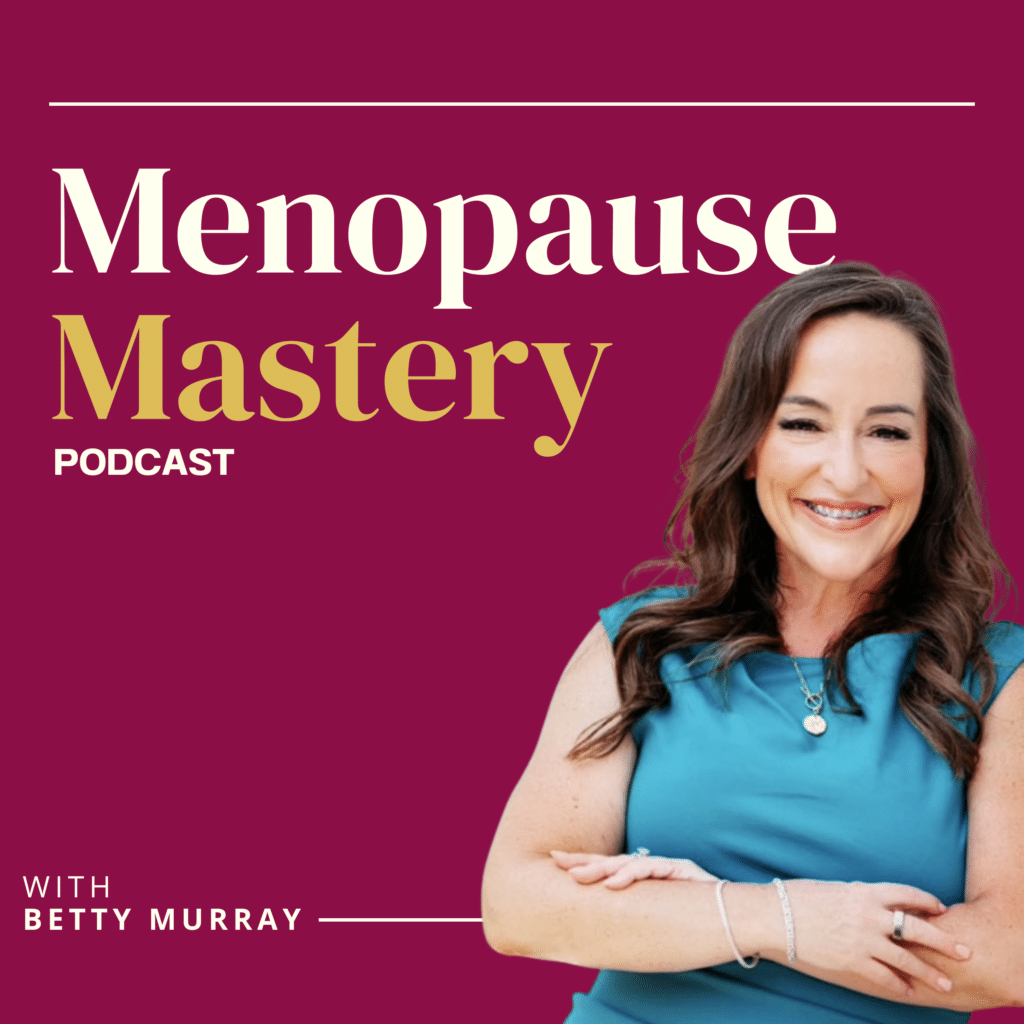Hormone replacement therapy (HRT) has long been a topic of discussion when it comes to women’s health, particularly in relation to the risk of dementia and Alzheimer’s disease in menopausal women. However, conflicting studies have made it challenging to draw definitive conclusions.
In this eye-opening episode, I unravel the intricate landscape of women’s health data, focusing specifically on the intersection of menopause, hormone therapy, and their impact on Alzheimer’s disease and dementia. I explored two studies that shed light on this complex issue and break down the methodology, limitations, and critiques of each study. Forget relying on isolated findings; I’ll guide you through the importance of considering multiple studies for a comprehensive understanding of this critical subject.
Learn comprehensive evaluations of the effects of hormone replacement therapy on the risk of Alzheimer’s and dementia, as we navigate the findings that illuminate previously unseen aspects of women’s health. This episode is not just about data – it’s about empowering you with knowledge that directly affects your well-being. I also delve into the role of funding in women’s health research, emphasizing the need for personalized treatment options. Join me as I break down complex scientific information into practical insights that you can apply to your daily life.
As your host, I am on a mission to make menopause understanding accessible and relevant, believing that knowledge is the key to crafting an exceptional life on your own terms. If you’re eager to unravel the mysteries surrounding menopause, hormone therapy, and their connection to Alzheimer’s and dementia, don’t miss out – tune in to this episode and gain a deeper understanding of your own health journey.
Key Takeaways:
[00:02:02] Comparing studies on Hormone Replacement Therapy.
[00:02:34] Danish dementia research center study.
[00:09:21] Confounding variables in research.
[00:13:56] Systematic review and meta-analysis by Neratini and Group.
[00:19:44] Importance of timing in Hormone Replacement Therapy.
[00:22:23] The need for continued research.
[00:24:09] Personalizing women’s health approach.
[00:25:13] Conclusions and implications of studies.
Memorable Quotes:
“I get very frustrated by is most of the studies that get done, only 15% get published. So, there’s a lot of studies that don’t ever get published. And some of that is publication bias. You get a lot of influence by advertisers and what actually gets published. There’s also pressure in funding situations for researchers to find something that is the people paying for it because they won’t get funding” – Betty Murray
“We have the capacity to personalize today through DNA, through laboratory testing, and other things. Population-wide treatment is no longer necessary. We can do N of 1 treatment because we have the capacity to do that today. And to me, that’s what this information also says, is that your practitioner should be looking at you as an individual, not as a data set.” – Betty Murray
Links Mentioned:
Free Estrogen Dominance E-Book: https://ed.hormoneshelp.com/
Hormone Quiz: https://quiz.hormoneshelp.com/
Connect with Betty Murray:
Living Well Dallas Website: /
Hormone Reset Website: https://hormonereset.net/
Betty Murray Website: https://www.bettymurray.com/
Facebook: https://www.facebook.com/BettyAMurrayCN/
Instagram: https://www.instagram.com/bettymurray_phd/


